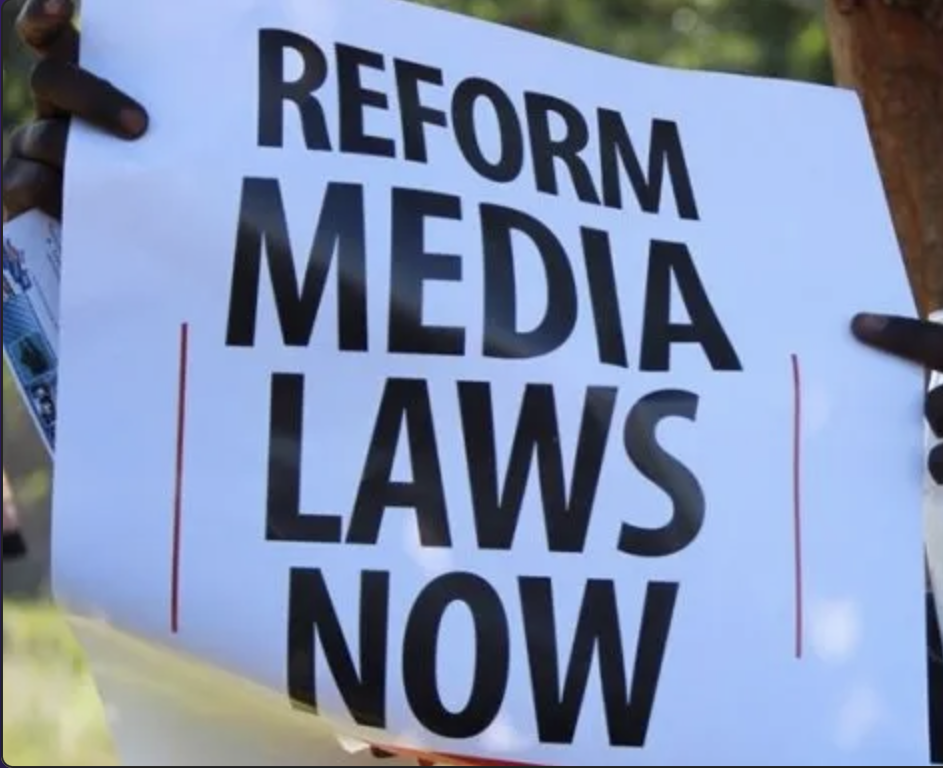Despite the repeal of the draconian Access to Information and Protection of Privacy Act (AIPPA), there is still a gap in the regulation of the media in Zimbabwe, Media Institute of Southern Africa (MISA)-Zimbabwe Legal and ICT Policy Officer, Nompilo Simanje has said.
AIPPA was repealed by the Freedom of Information Act, the Cyber and Data Protection Act, and the Zimbabwe Media Commission Act.
Speaking Wednesday on This Morning on Asakhe, an online programme hosted by CITE on Twitter Spaces, Simanje said the media regulation gap was likely to be filled in by the Media Practitioners Bill, which is currently being crafted by the government.
“Allow me to just take you back a bit in terms of where we are coming from,” said Simanje.
“So this issue starts off from the fact that here in Zimbabwe we have what is called statutory regulation of the media. You will know that in other jurisdictions they have what is called self-regulation. But here in Zimbabwe, we are regulated by statute and we started off with AIPPA. That was the piece of law that dealt with media regulation, access to information and protection of privacy. And it had all these provisions around registration of media practitioners, abuse of privilege by journalists and the likes.”
She said the Zimbabwe Media Commission Act only establishes the commission but does not adequately provide for media regulation.
“So you will know that our Zimbabwe Media Commission is the statutory body that was set up for media regulation in Zimbabwe and it’s a constitutional institution,” said Simanje.
“It’s one of those commissions that are in the Constitution and some of its functions are there, but the act itself was not coming into play to facilitate the enforcement and the undertaking of functions and structures of the Zimbabwe Media Commission. As a result, what we have right now is a gap in terms of media regulation in Zimbabwe.”
Simanje was quick to point out that media practitioners and other stakeholders, government included, had agreed on the need for co-regulation.
“This was a compromise position where we realized that in Zimbabwe where we are right now, we are very far from realizing self-regulation,” she said.
“Stakeholders have tried to push for self-regulation so many times and have been failing. So, co-regulation was a principle that was agreed on as a compromise position.”
She however said it was unfortunate that the Zimbabwe Media Commission Act, enacted in 2020 is silent on co-regulation.
“It was agreed that we would have co-regulation of the media but when the Zimbabwe Media Commission Act was enacted in 2020, there was no mention of co-regulation whatsoever,” Simanje decried.
“So, the push for media practitioners Bill was centred on realising that agreement and putting in place a mechanism or a piece of legislation for the regulation of the media. So, the Media Practitioners Bill is a bill that is pushing for co-regulation of the media and also pushing for the professionalisation of the media.”

